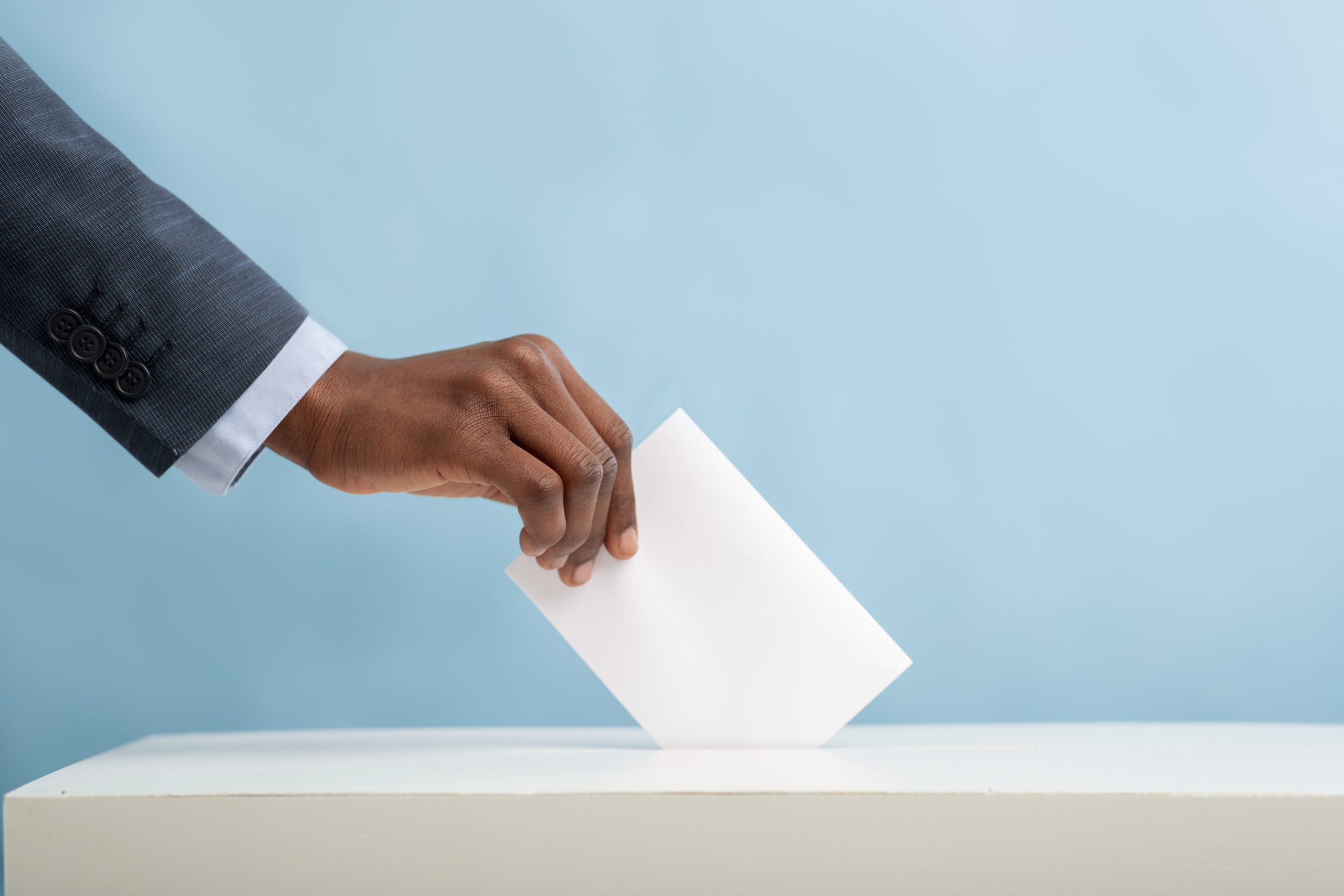2020 has been a year for the record books so far, but the biggest impact may be yet to come. How will the presidential election affect the courts?
2020 is a big election year in Missouri and nationwide. There are 470 seats open in Congress (35 in the Senate and all 435 of the House of Representatives), and the current president is running for re-election. In Missouri’s primary election, Cori Bush defeated incumbent William Lacy Clay for the Democratic nominee, when she’d previously lost to him by almost 20 points. It seems 2020 is a big year for changes. But how do these elections affect our court system on state and federal levels?
How Elections Affect the Courts
The biggest impact elections have on courts are judges. In the state court system, judges are selected depending on which court they serve. In Missouri, judges of the Missouri Supreme Court and judges of the Courts of Appeals are selected through what is called “The Missouri Non-Partisan Court Plan” where a committee interviews finalists and chooses three finalists, and the Governor chooses from the final panel of three. Judges of Circuit Courts in Missouri are either appointed through that process (in Kansas City, St. Louis, and Springfield) or in most counties, are elected in partisan elections.
The biggest impact likely won’t be the state and local level courts. This year, the presidential election feels more important than ever. You could chalk it up to the global pandemic we’re enrooted in, but according to a recent survey, the coronavirus pandemic is only ranked the 4th highest issue to voters. The economy is the most important subject with 79% of voters agreeing it’s a priority, with healthcare coming in a close second with 68%. So, what’s third? What could be more important than COVID-19, foreign policy, and climate change? That would Supreme Court appointments with a whopping 64% of registered voters saying that Supreme Court appointments are a “very important” issue to them in the 2020 presidential election. This is higher from previous years, though, so why are Supreme Court appointments ranked so high?
Currently, the Supreme Court is relatively balanced in terms of partisanship. However, Ruth Bader Ginsberg, has had several health issues recently, and is the oldest Justice at age 87. Her retirement would leave a seat open on the Supreme Court. The President nominates Supreme Court Justices, which must be confirmed by the Senate. The U.S. Senate is currently controlled by the Republicans, which means that if a seat opens up on the Supreme Court, and if Donald Trump is President, a conservative—if not a far-right ultra-conservative—would be appointed. This would disrupt the current balance of partisanship among the nine justices. The Supreme Court’s rulings cannot be appealed. Having an imbalance would lead to even more partisan precedents and political rulings from the Court that was designed to be the most independent part of the delicate system of checks and balances in our federal government.
COVID-19 has Already Caused Changes
2020 has already caused quite a few changes within the courts this year with the COVID-19 pandemic. Aside from mandatory shutdowns, courts are now working through a back-log of cases on their docket and there are strict regulations and mandates on how to operate in-court proceedings.
We will have to see how things unfold, but 2020 will be a year for the record books, especially for the court system. We will keep you updated on what this may mean for you and your case after the general election on November 3rd.







